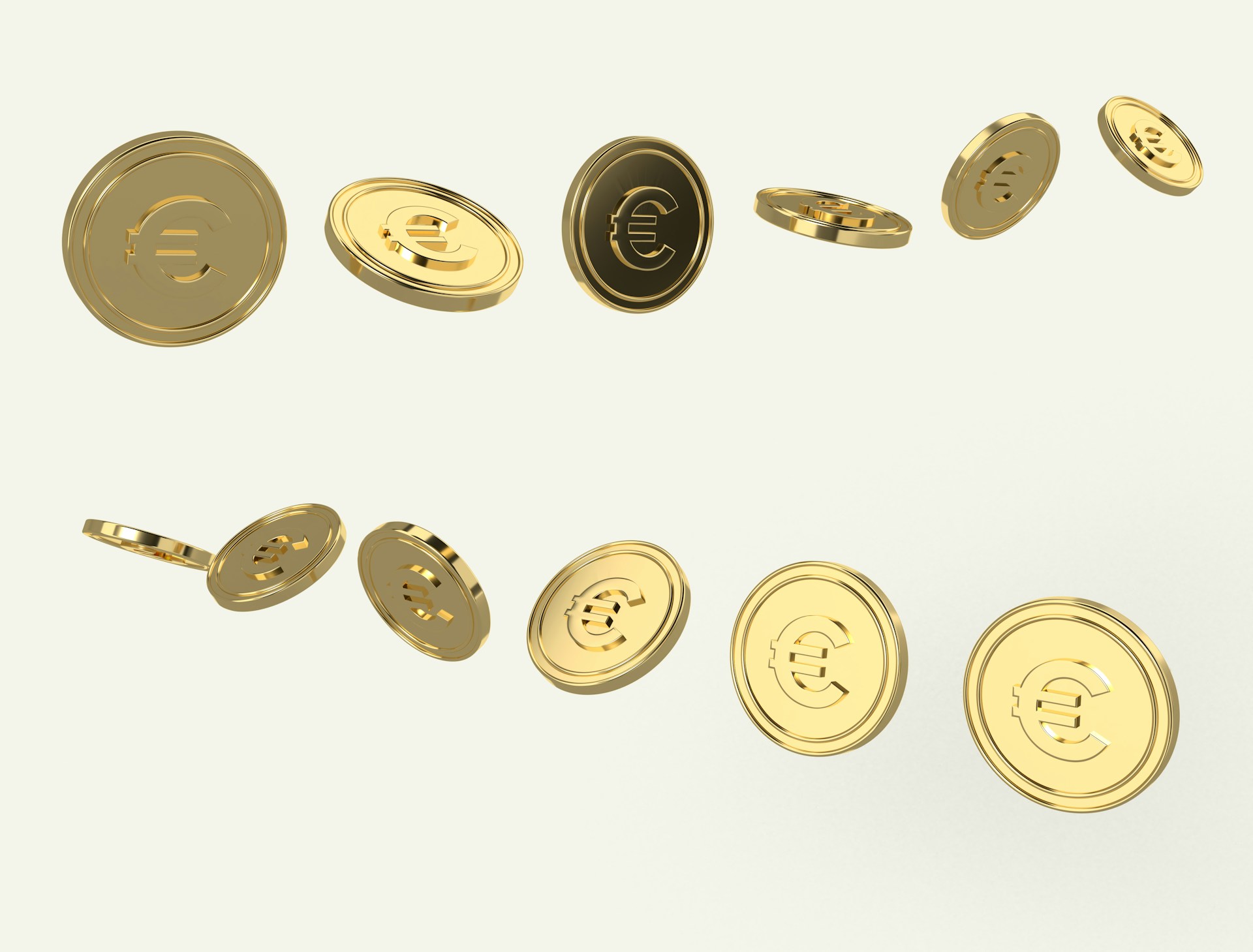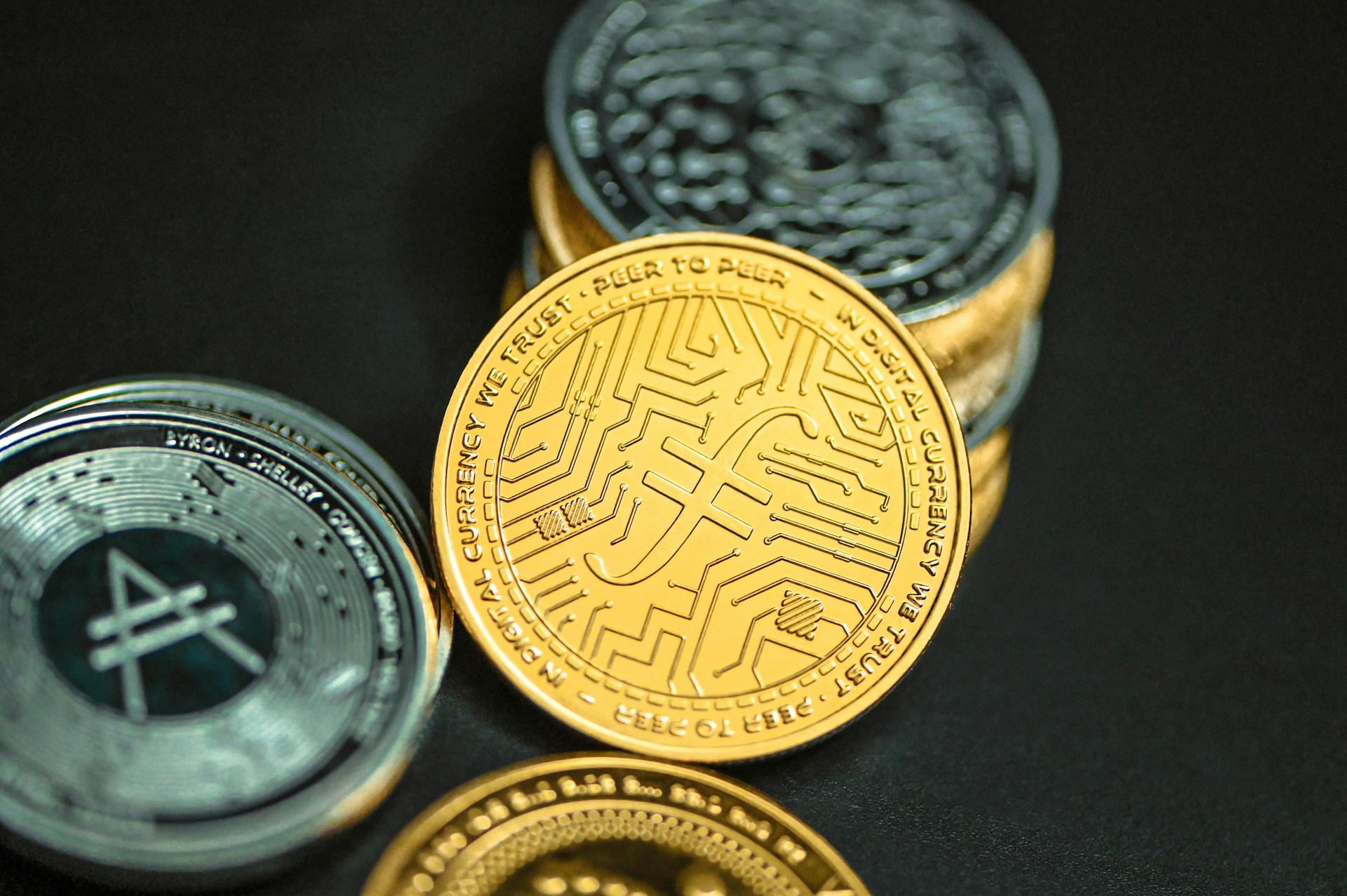Gold Investment Guide for Beginners: Everything You Need to Know
For centuries, investment in gold has been among the most preferred by the majority as it provides a secure and stable way to preserve wealth. And if you are a novice, this is your lucky day because we will explain everything you need to know about gold investment.
Understanding Gold Investment
What is a gold investment?
Investment in gold is a method of placing oneself in a position to own gold in the form of goods, cash, or goods investment and receive cash for interest to own gold as a way of keeping wealth and, or making some money.
Why invest in gold?
Gold has a value that can be banked on, and has been for years, protecting its worth against inflation, recessions, and other forms of economic crisis. It’s a tangible asset that tends to retain its value, making it an attractive investment option for those looking to diversify their portfolio.
Various Forms Of Gold
There are various forms of gold that can be invested in and include:
Physical gold.
- Gold Bullion: Gold bars or ingots that typically come in a variety of sizes and weights.
- Gold Coins: Coins minted by government or private mints are often considered legal tender.
- Gold Jewelry: Jewelry is also an investment in gold and combines functionality and appearance since it permits wearing investments.
Paper Gold.
This covers forms of investment that do not involve the physical aspect of gold but has been necessarily linked to it .
- Gold Stocks: Stocks related to gold are investing in shares of gold mining companies that let you track gold industry movement.
- Gold ETFs: ETFs are exchange-traded funds to buy and sell gold shares in the stock market.
- Gold Mutual Funds: Funds that pool money from multiple investors to invest in gold-related assets.
Gold Derivatives
Gold derivatives are financial products that derive their value from gold prices, including futures and options contracts. They provide leverage, helping magnify investment returns when gold prices increase. However, gold derivatives also magnify losses when prices decline, meaning they are more risky.
Pros and Cons of Gold Investment
Pros of Gold Investment
- Hedge Against Inflation: Gold has a proven track record of enduring over time, combating the harmful impact of inflation.
- Safe Haven: Gold is a traditional safe-haven asset, making it a popular and stable investment during times of economic uncertainty.
- Liquidity: Gold is a relatively liquid asset, implying that you can sell and buy it quickly.
Cons of Gold Investment
- Storage and Insurance Expenses: When you purchase physical gold, you have to store and insure it yourself.
- Volatility: The price of gold is subject to complex dynamics, fluctuating due to various geopolitical and sentiment factors.
- No passive income: Gold pays no dividends, including interest to stock or bondholders.
How to Start Investing in Gold
Set Your Investment Objectives
Decide what you want to achieve, such as whether you seek capital preservation, portfolio diversification, or potential gains.
Choose the Right Type of Gold Investment
Based on your goals and risk tolerance, Choose between physical gold and paper gold or gold-related derivatives.
Find a Reputable Dealer or Broker
Decide where to buy Check the online price of each seller’s reputation.
Strategies for Gold Investment
Long-Term Investment.
Long-term investors hold gold for an extended period, focusing on preserving wealth and hedging against inflation.
Short-Term Investment.
Short-term investors take advantage of market fluctuations, buying and selling gold within a shorter time frame to capitalize on price movements.
Risks in Gold Investment
Market Volatility Regulatory Risk
Gold prices can be volatile, influenced by factors such as economic data, interest rates, and geopolitical events.
Changes in government policies
Changes in government regulations and policies can be manifested through the imposition of restrictions on gold imports and exports.
Counterparty Risks
The counterparty risks for the paper gold investment are associated with the issuer’s default that impacts the investment.
Diversification and Portfolio Management
The Role of Gold in a Diversified Portfolio
When panning your diversification strategy and gold investment, consider the following Gold’s role in a diversified portfolio Diversified investment is designed to balance risks and safeguard the investor in case of market fall.
Balancing Gold with Other Assets
Maintain a proper diversification strategy by allocating a proportion of your investment to gold.
Tax Implications of Gold Investment
Capital Gains Tax
Capital gain tax is charged on the profits resulting from selling gold investments. The tax varies depending on the holding period and your tax bracket.
Reporting Requirements
Additionally, you have the responsibility to report gold investments to the IRS as part of income tax.
How and where will sell my gold investment?
Gold displays market trends depending on economic indicators. Understand the economic directions of gold and sell when the market is most favorable Finding the best selling opportunity; Review the market and go for reputable buyers or dealers offering the best gold buying price.
Conclusion
Building a diversified portfolio and settling on a gold investment can offer a learner a perfect idea of preserving and growing money. As follows, understanding various forms of gold investments, intensity, and the possible risks will enable the learner consciously to decide what best aligns with his or her ability and objectives. Always consider other assets and pay attention to economic trends while maintaining the investment.
FAQs
How do I start investing in gold?
Begin by understanding how you want to use gold, and select the one that best aligns with your investment. Find a suitable dealer and invest in your well-planned initiative.
What are the risks of investing in gold?
Investing in gold has risks associated with market volatility, changing regulatory environments, and counterparty risk for paper gold. However, they can be easily mitigated with sufficient information and due diligence. *
How can I store physical gold without risks?
Physical gold should be stored in a safe place, like a bank’s deposit box or a home safe. You will also need to make insurance for theft or any damage.
How gold prices can fluctuate?
Gold is affected by the country’s economic data, which defines its interest rates or geopolitical events; inflation rates, and market sentiment.
Is gold investing easy enough for a beginner?
Yes, it is, and it can be especially recommended as a starter’s investment for a person desiring to diversify his orient and save money from inflation. Before starting, you have to create a plan and may also require an advisor to help with it.














Post Comment